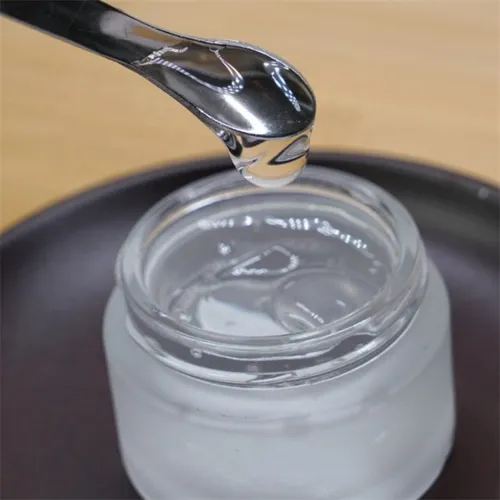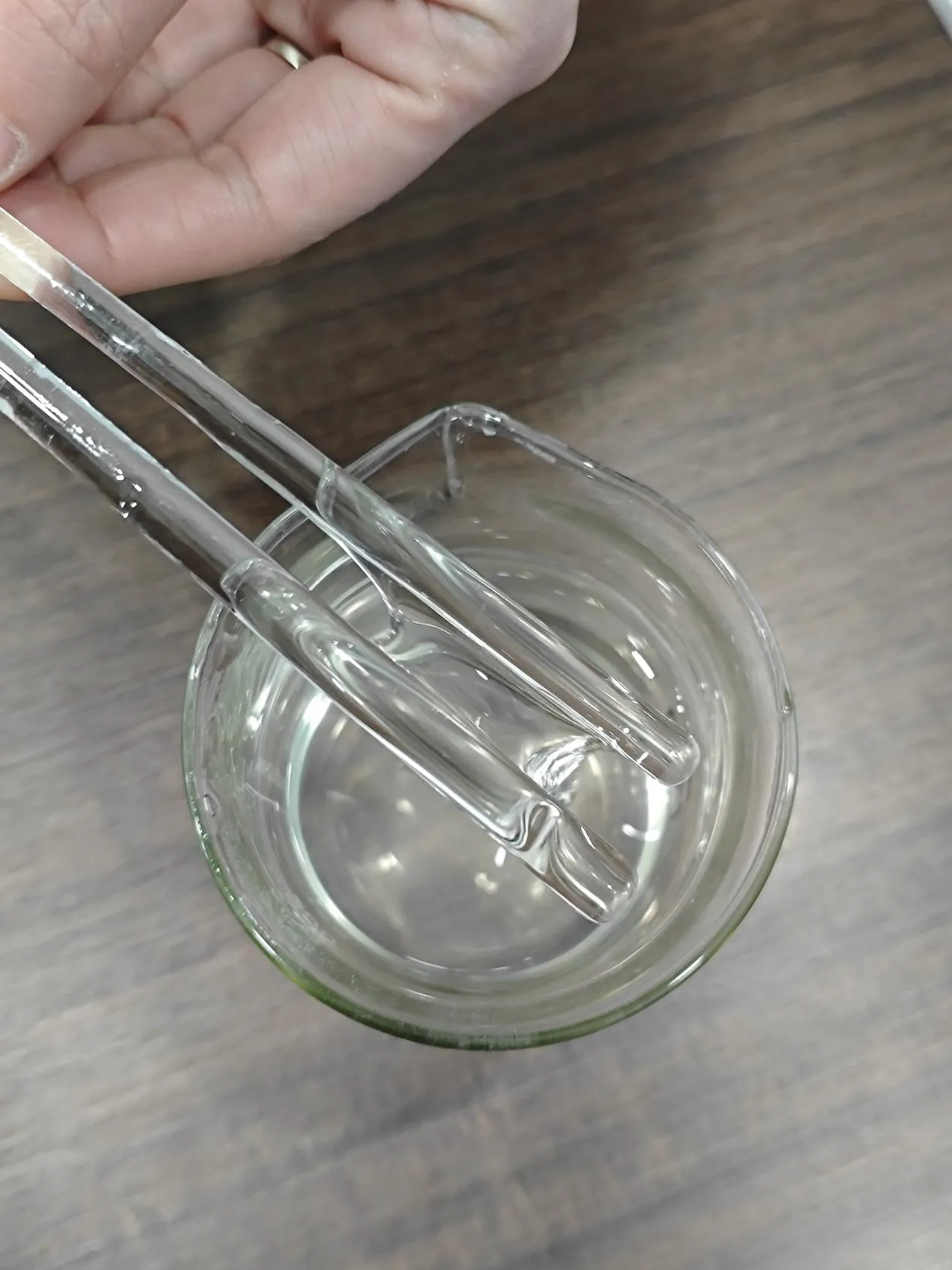
A Multi-Purpose Polymer for Modern Applications
Hydroxyethyl cellulose (HEC) is a non-ionic, water-soluble polymer derived from cellulose, known for its excellent thickening, binding, and stabilizing properties. Widely used in cosmetics, construction, pharmaceuticals, and industrial processes, HEC is a go-to ingredient for modern formulations. Whether it’s in gel creation, surface treatments, or hair care products, hydroxyethyl cellulose HEC delivers exceptional performance across sectors.

Diverse Uses and Benefits of Hydroxyethyl Cellulose
One of the most common hydroxy ethyl cellulose uses is in personal care and cosmetic products. It acts as a thickening and gelling agent in lotions, shampoos, conditioners, and creams. When formulated into a hydroxyethyl cellulose gel, the result is a clear, smooth product with excellent consistency and feel. This type of gel is widely favored for skincare, hand sanitizers, and styling products due to its non-sticky texture and stable viscosity.
In pharmaceutical applications, à base d'hydroxyéthylcellulose formulations are used in eye drops, oral liquids, and topical ointments. HEC enhances product stability, controls viscosity, and improves the spreadability of active ingredients. Its ability to form clear, non-reactive gels also makes it suitable for use in dermatological and ophthalmic treatments.
Additionally, HEC plays a vital role in industrial applications such as paints and coatings, where it improves suspension, application smoothness, and color distribution. Modified versions like hydroxyéthylcellulose cationique offer enhanced adhesion to negatively charged surfaces, making them ideal for hair conditioners and textile treatments where stronger bonding and antistatic properties are desired.

Market Pricing and Availability
The hydroxyethylcellulose price depends on several factors, including the grade (cosmetic, pharmaceutical, or industrial), viscosity, purity level, and quantity purchased. Prices can also vary based on the supplier, country of origin, and specific performance enhancements, such as those found in hydroxyéthylcellulose cationique. Despite price fluctuations, HEC remains cost-effective due to its low usage rate and multifunctionality.
Manufacturers and formulators looking for a reliable polymer solution often choose HEC for its excellent performance-to-cost ratio. When comparing products, it’s important to consider not just the hydroxyethylcellulose price, but also factors like solubility, clarity, and compatibility with other ingredients.

Suppliers offer various forms of HEC, including powders and pre-dispersed liquids, to accommodate different production needs. Technical datasheets typically include critical information such as pH range, viscosity profiles, and storage conditions, helping users select the most suitable grade for their applications.
Hydroxyethyl cellulose HEC is a highly adaptable ingredient used in everything from hydroxyethyl cellulose gel products to à base d'hydroxyéthylcellulose coatings and conditioners. Whether you're seeking standard or hydroxyéthylcellulose cationique for enhanced properties, HEC offers reliable performance across a wide spectrum of industries. With manageable hydroxyethylcellulose price points and extensive hydroxy ethyl cellulose uses, it continues to be a leading choice for formulators who value quality, stability, and sustainability.
-
Hydroxypropyl Starch as a Sustainable Construction AdditiveNewsNov.24,2025
-
The Gelation Properties of CMCNewsNov.21,2025
-
Redispersible Latex Powder and Water Retention CapacityNewsNov.21,2025
-
Dosage Control for Polycarboxylate Water ReducerNewsNov.21,2025
-
Film-Forming Properties of Polyvinyl AlcoholNewsNov.21,2025
-
The Function of Gypsum Additives in MortarNewsNov.21,2025





















